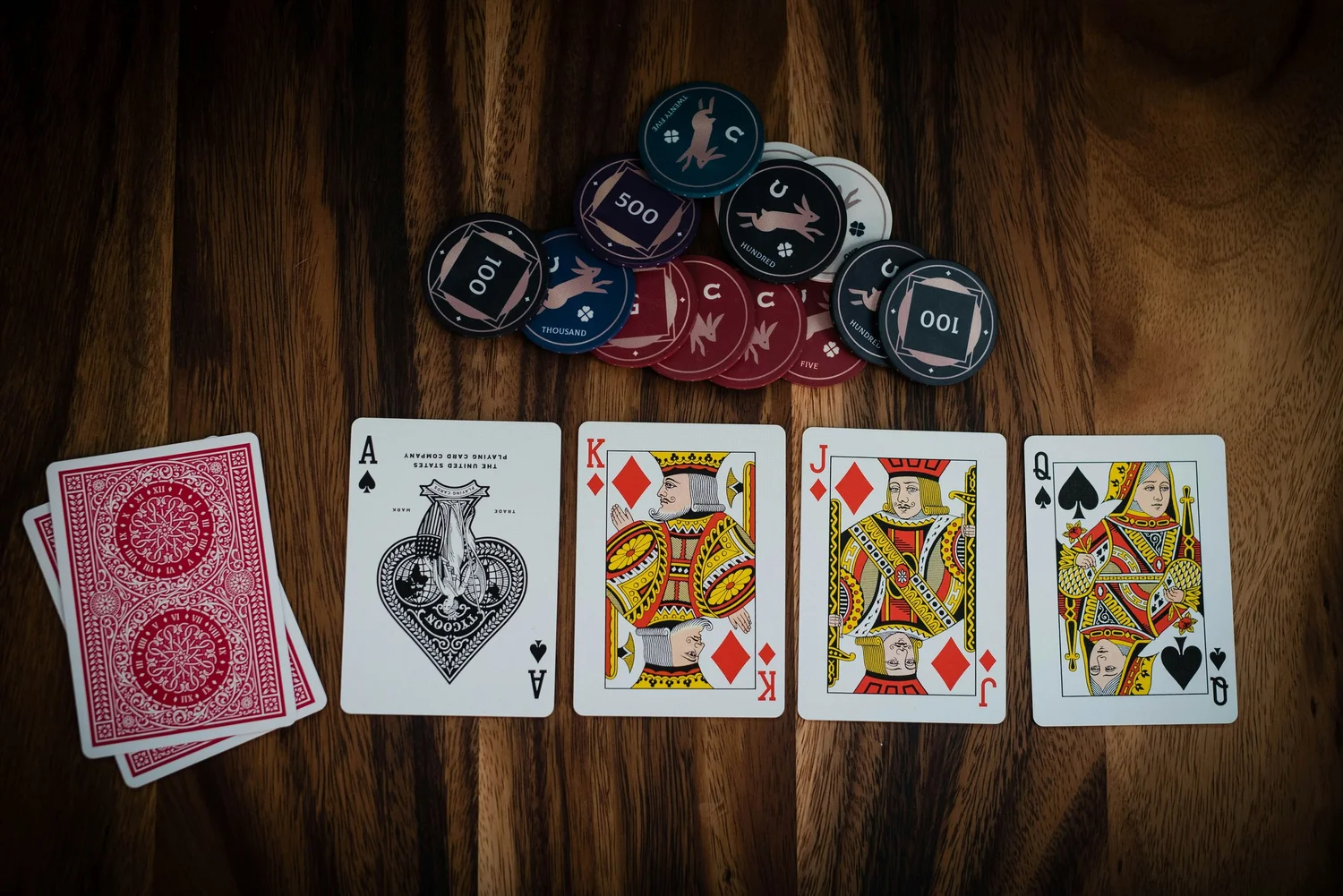Image: https://unsplash.com/photos/assorted-color-playing-cards-wFln-loyVxY
Few scenes in film capture tension, psychology, and human instinct quite like a poker table. The flicker of a tell, the subtle twitch of an eyebrow, or the calm before a risky call can reveal more about a character than an entire monologue. Poker in cinema isn’t just about cards—it’s about choices, emotions, and the delicate balance between luck and control.
Some of the most memorable poker scenes in movie history have transcended entertainment, becoming symbolic lessons about patience, risk, and human behavior. From the smoky halls of Rounders to the glamorous chaos of Casino Royale, each hand dealt on-screen carries a deeper reflection of life itself.
Reading the Table: Understanding People, Not Just Cards
In Casino Royale, James Bond sits across from his nemesis Le Chiffre in one of cinema’s most riveting poker matches. What unfolds isn’t just a contest of money but of nerves, observation, and psychology. Bond learns that power at the table comes not from aggression, but from restraint—an essential lesson that applies to both espionage and everyday life.
The same principle guides Rounders, where Matt Damon’s character, Mike McDermott, studies opponents like a mathematician reading patterns in chaos. The film reminds us that success, in poker or in life, often depends on understanding others as much as it does on understanding the odds.
According to IMDb, Rounders became a cult classic because it captured the realism of underground poker culture and the emotional intelligence required to navigate it. The ability to read people, to sense when they’re bluffing or desperate, is what separates luck from mastery.
Risk, Reward, and Timing
Every great poker movie wrestles with risk. In The Cincinnati Kid, Steve McQueen’s character faces a legend of the game, and the film becomes a study in timing and self-belief. Winning means nothing without knowing when to act, and losing means nothing if you learn when to walk away.
Modern players face the same challenge, though the stakes have evolved. While movie characters risk fortunes on a single hand, today’s players can experience that thrill safely through free online poker tournaments with cash prizes, blending competition and strategy without real-world financial risk. The tension, analysis, and decision-making are all the same—the lessons, too.
As Variety notes, films that center around poker often mirror the unpredictability of life itself. Every bet carries consequences, and every player must decide when to trust instinct over fear.
Failure and Redemption
Not every hand is a winning one, and cinema doesn’t shy away from that truth. In Molly’s Game, Jessica Chastain’s character builds a world of high-stakes players only to see it collapse through hubris and circumstance. Her story is less about downfall and more about resilience—how to rebuild integrity after losing it all.
Similarly, Rounders ends not with a jackpot but with a chance to start again. It’s a reminder that redemption, not perfection, defines the best players and the strongest people. Losing gracefully, learning quickly, and coming back smarter are the true lessons poker imparts both on and off screen.
The Universal Metaphor
Poker works as a metaphor for life because it blends skill with uncertainty. It teaches discipline, patience, and emotional control—qualities as essential in relationships and careers as they are at the card table. The distinction between luck and strategy, chance and choice, serves as a mirror for how we approach success and failure in our own stories.
Films like Maverick and Lucky You highlight that even when the chips are down, confidence and perspective can turn a losing streak into a learning curve. In both cinema and reality, every setback becomes an invitation to examine one’s decisions and values more closely.
As The Guardian film section often observes, the greatest movie moments come when human vulnerability meets courage. Poker scenes offer that rare intersection—a space where characters face uncertainty head-on, testing not just their skill but their belief in themselves.
Conclusion
Poker scenes endure in cinema because they distill the essence of being human: risk, resilience, and the constant dance between control and chaos. Each card dealt is a reminder that fortune favors not the bold, but the prepared—and that composure under pressure often counts more than the hand you’re given.
Whether it’s Bond at the table, Molly Bloom rebuilding her life, or Mike McDermott chasing redemption, poker in film reflects a simple truth about living: in every game, and in every choice, the lesson is not about winning—it’s about how you play.



